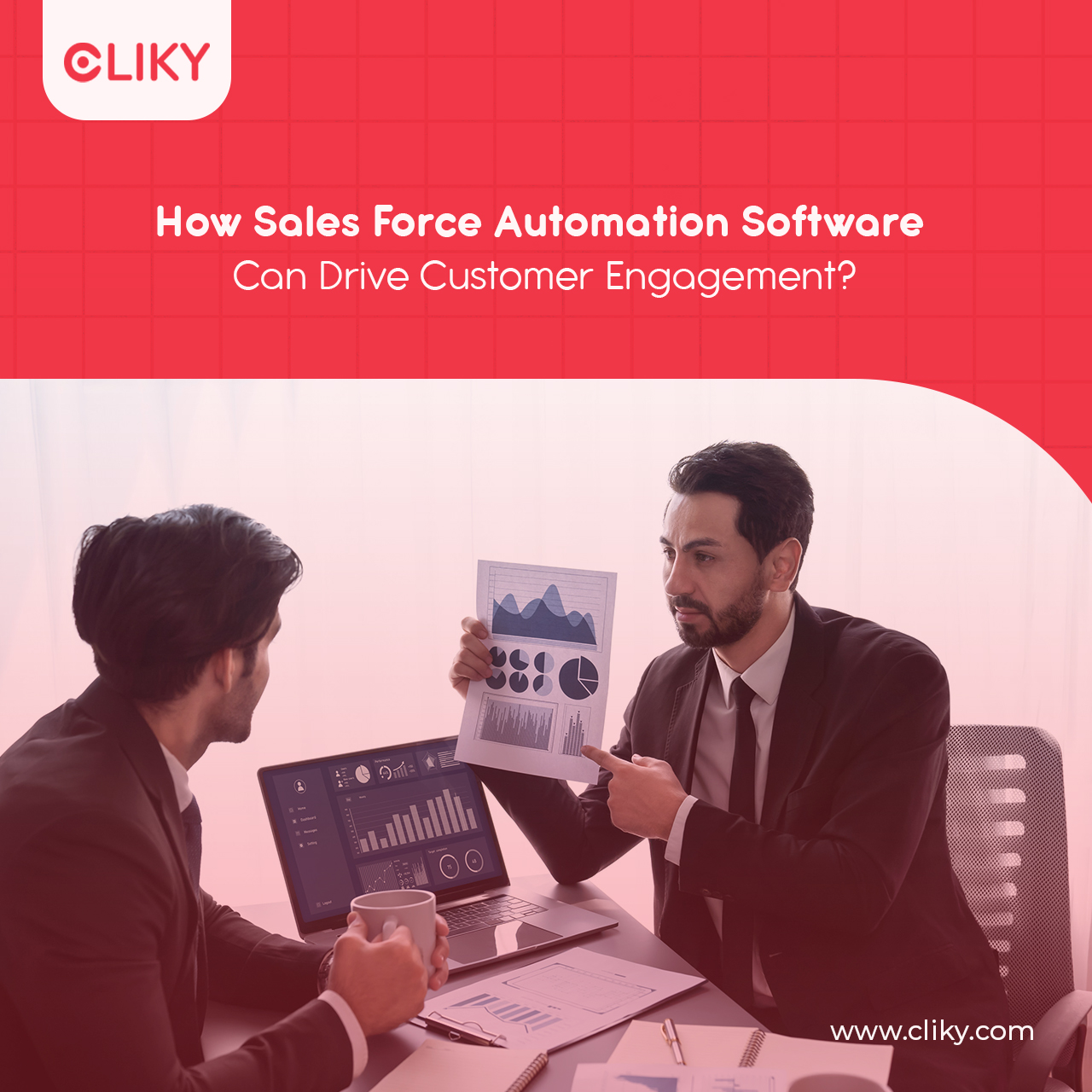
29 June 2024
In today's competitive market, engaging customers effectively is crucial for any business aiming to increase sales and foster loyalty. However, many companies struggle with scattered customer data, inconsistent communication, and inefficient tracking of customer interactions, which can lead to missed opportunities and diminished customer satisfaction. Sales force automation software emerges as a powerful solution to these challenges, streamlining sales processes and enabling more meaningful customer connections.
Sales force automation software is designed to automate critical sales tasks such as data entry, lead tracking, and communication management. By doing so, it frees up sales teams to focus on building stronger relationships with potential and existing customers. This shift enhances the efficiency of the sales process and improves the quality of customer interactions. With more time and better tools, sales teams can tailor their outreach, respond more quickly to customer inquiries, and stay connected with customers at every stage of the sales funnel, ultimately driving higher engagement and satisfaction.
SFA software centralizes all customer interactions, ensuring every team member can see the history and details of communications with a customer. This feature allows for timely follow-ups and consistent, personalized communication, enhancing the customer's experience and engagement. By having all customer data easily accessible, businesses can provide quicker and more accurate responses to inquiries, which helps build strong customer relationships.
By automating daily sales tasks, SFA software frees up sales representatives to focus more on engaging with customers. The software can alert sales teams about important customer milestones, such as contract renewals or product upgrades, enabling them to reach out to customers proactively. This proactive approach can make customers feel valued and well-cared for, significantly boosting engagement and satisfaction.
SFA tools often include marketing automation capabilities that enable businesses to segment their customer base and send targeted marketing messages. These campaigns are based on customer behavior, preferences, and previous interactions, which ensures that the messages are relevant and timely. Relevant content increases customer engagement by addressing specific needs or interests, making interactions feel more personalized and less like a generic sales pitch.
Many SFA systems offer mobile access, which means sales reps can update customer information, schedule appointments, and respond to client queries in real time, even while on the go. This capability enhances the sales team's responsiveness, improving customer interactions and engagement. Quick and efficient responses to customer inquiries or concerns can lead to higher satisfaction rates and deeper customer relationships.
SFA software provides detailed analytics about sales activities and customer interactions. This data allows businesses to identify what strategies are working and which aren’t, helping them continuously improve their customer engagement tactics. Additionally, analyzing customer feedback through the system can help pinpoint areas for improvement, ensuring that the business adapts to meet customer needs effectively.
Sales Force Automation (SFA) software has the potential to transform how businesses interact with their customers by enhancing the efficiency and effectiveness of the sales process. By streamlining communication, enabling proactive service, and offering tools for targeted marketing campaigns, SFA helps businesses meet and exceed customer expectations. This enhances customer experience, fostering stronger relationships and higher engagement rates.
Moreover, the accessibility of mobile solutions and comprehensive performance analytics provided by SFA tools empower businesses to respond quickly to customer needs and continuously refine their strategies based on real insights. This adaptability and responsiveness are crucial in today's fast-paced market environment, where customer loyalty often hinges on engagement quality. Implementing SFA software can significantly boost customer satisfaction and drive business growth through deeper and more meaningful customer connections.